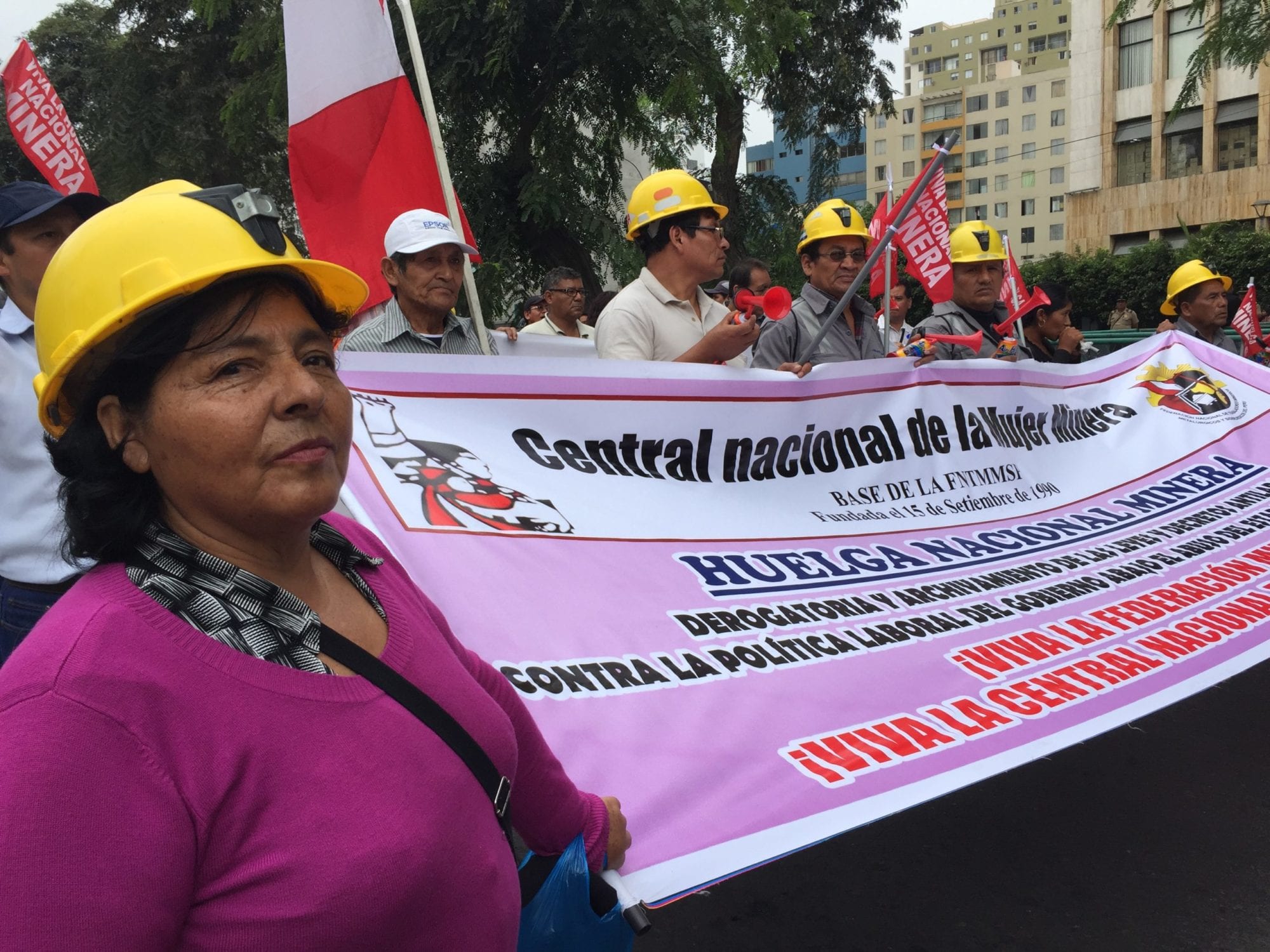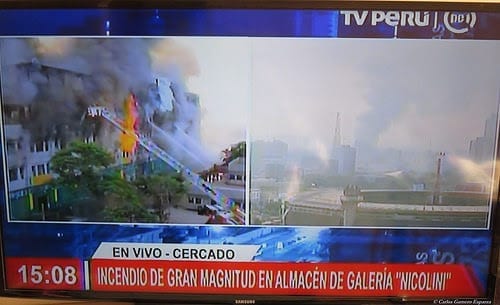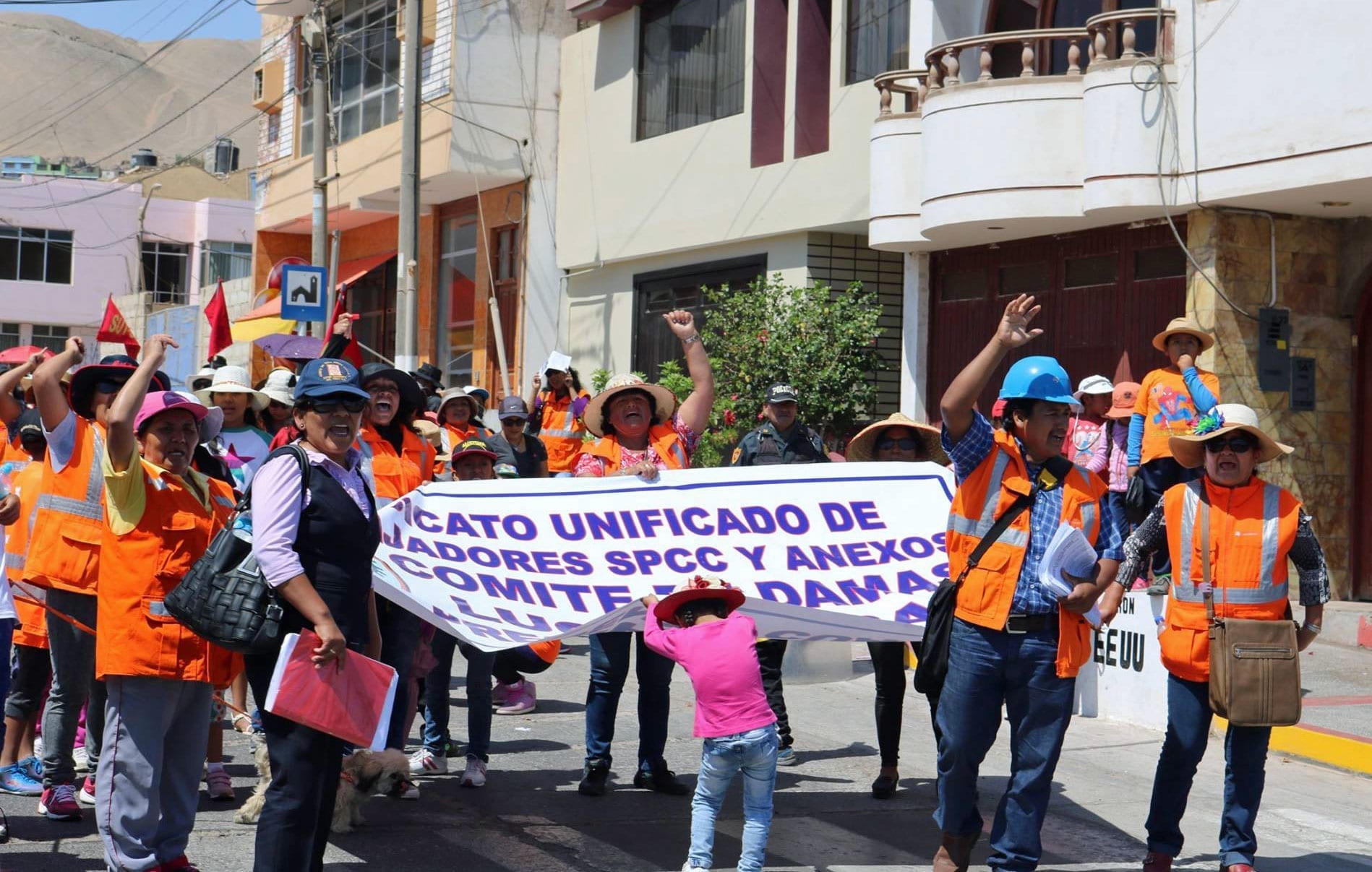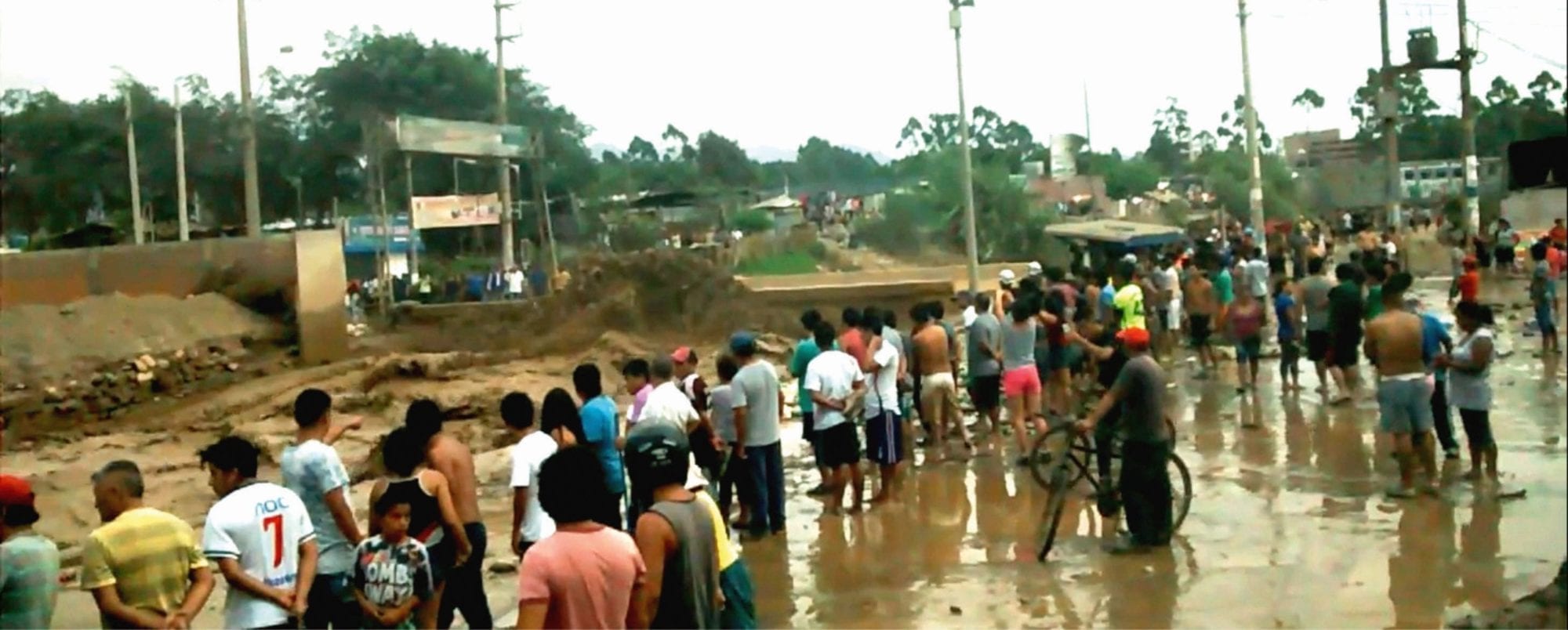A deadly fire in a Peruvian warehouse has exposed forced and child labor and exploitive working conditions in the country’s vast informal economy. Four workers, one just 15 years old, who were locked into storage containers that doubled as work spaces are missing and...

Peruvian unions recently achieved several worker-friendly policy changes, including reforms to laws governing the agro-industrial sector and subcontracting, and the ratification of International Labor Organization (ILO) Convention 190 on the elimination of harassment and violence in the world of work. Peruvian unions also contributed to a bill to consolidate the labor code, preventing employers from using contradictions in labor regulations to limit labor costs and eliminating provisions that infringe on workers’ rights—the first such proposal in 21 years.
Despite this progress, few workers are in unions. Many work under unfavorable conditions such as subcontracted, short-term contracts or under service agreements that either explicitly or tacitly prevent workers from belonging to a union. As a result, most Peruvians, particularly those working in the export-oriented sectors, work under dire conditions with low wages, few job safety and health protections and limited access to collective bargaining and freedom of association.
The Solidarity Center works with union partners in the agro-industrial and mining industries where women, youth and indigenous workers are overrepresented in precarious jobs and disproportionately suffer the consequences of poor labor rights protections and enforcement. Women workers in the agro-industrial sector face the added burden of workplace discrimination or arbitrary dismissal if pregnant and often earn less than men for equal work. Gender bias among union leadership further reduces women’s affiliation to unions or leadership roles even though women constitute the majority of workers.
Given the ongoing political instability, the trade union movement will continue to expand its representation to build greater leverage to demand the successful implementation of labor code reform. If unions in Peru can better represent workers, engage with institutions, take part in social dialogue and use the legal system to hold employers and government accountable, they will improve institutional responsiveness and rule of law, which is critical to a functioning democracy.
2,000 Peru Miners Strike for Health Care, Workplace Rights
Update: Striking mine workers are standing strong despite the Peru Ministry of Labor declaring their strike illegal during a second appeal process yesterday and company threats to fire all the workers if they do not return to work by Wednesday. Construction workers,...
Peru: Unions, Civil Society Aid Victims of Deadly Floods
Racing to help the more than 640,000 people affected by massive flooding along coastal Peru, trade unions, faith-based organizations, academic institutions and other civil-society organizations have mobilized to ensure lifesaving supplies and other items reach...



